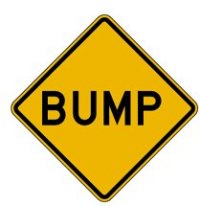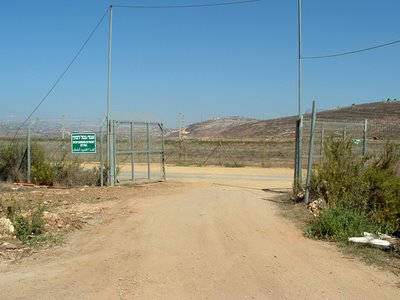How to portray Gedolim
The Ramban famously takes issue with Avroham's actions. According to Ramban, Avroham sinned by putting Sara in danger in order to save himself.
"And know that our father Avroham sinned a grave sin, unintentionally."
R. Shamshon Rephael Hirsch disagrees with Ramban's criticism of Avroham. However, he goes to great length to clarify that his objective in disagreeing with the Ramban is NOT to 'defend' Avroham from being criticized:
The Torah does not seek to portray our great men as perfectly ideal figures; it deifies no man. It says of no one: Here you have the ideal; in this man the divine assumes human form. It does not set before us the life of any one person as the model from which we might learn what is good and right, what we must do and what we must refrain from doing.
When the Torah wishes to put before us a model to emulate, it does not present a man who is born of dust. Rather, G-d presents Himself as the model, saying, ”look upon me! Emulate me! Walk in my ways!”. We are never to say, “This must be good and right, because so-and-so id it.” The Torah is not an ‘anthology of good deeds’. It relates events, not because they are necessarily worthy of emulation but because they took place.
The Torah does not hide from us the faults, errors and weaknesses of our great men, and this is precisely what gives its stories credibility. The knowledge of their faults and weaknesses does not detract from the stature of our great men; on the contrary, it adds to their stature and makes their life stories even more instructive. Had they been portrayed to us as shining models of perfection, faultless and unblemished, we would have assumed that they had been endowed wit ha higher nature, not given to us to attain. Had they been portrayed free of passions and personal conflict, their virtues would have seemed to us as merely the consequence of their loftier nature not acquired by personal merit and certainly no model we could hope to emulate.
Take, for example, the humility of Moshe. Had we not known that he was capable also of flying into a rage, we would have assumed that his humility was an inborn trait, not within our capacity to emulate. It is precisely his outburst of שִׁמְעוּ-נָא הַמֹּרִים that lends his humility its true greatness. We thus infer that he acquired humility through hard work, self control and self refinement, and that we are required to emulate him since it is within our capacity to do so.
Let us learn from our great teachers of Torah, of which Ramban is surely one of the greatest, that we must never attempt to whitewash the spiritual and moral heroes of our past. They do not need our apologetics , nor would they tolerate such attempts on our part. Emes, truth is the seal of our Torah and truthfulness is the guiding principle of the Torah's great teachers and commentators
Rav Hirsch then goes on to explain why in his opinion Avroham did not sin.
















